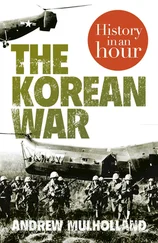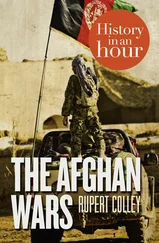Winston Churchill - The River War (History of the War in Sudan)
Здесь есть возможность читать онлайн «Winston Churchill - The River War (History of the War in Sudan)» — ознакомительный отрывок электронной книги совершенно бесплатно, а после прочтения отрывка купить полную версию. В некоторых случаях можно слушать аудио, скачать через торрент в формате fb2 и присутствует краткое содержание. Жанр: unrecognised, на английском языке. Описание произведения, (предисловие) а так же отзывы посетителей доступны на портале библиотеки ЛибКат.
- Название:The River War (History of the War in Sudan)
- Автор:
- Жанр:
- Год:неизвестен
- ISBN:нет данных
- Рейтинг книги:4 / 5. Голосов: 1
-
Избранное:Добавить в избранное
- Отзывы:
-
Ваша оценка:
The River War (History of the War in Sudan): краткое содержание, описание и аннотация
Предлагаем к чтению аннотацию, описание, краткое содержание или предисловие (зависит от того, что написал сам автор книги «The River War (History of the War in Sudan)»). Если вы не нашли необходимую информацию о книге — напишите в комментариях, мы постараемся отыскать её.
The River War is a historical book by Winston Churchill, concerning his experiences as a British Army officer, during the Mahdist War (1881–99) in the Sudan. The River War tells a story of the British imperial involvement in the Sudan, and the Mahdi War between the British forces, led by Lord Kitchener, and the Dervish forces, led by Khalifa Abdallahi ibn Muhammad, «The Mahdi», heir to the self-proclaimed Mahdi Muhammad Ahmad who had embarked on a campaign to conquer Egypt, to drive out the Ottomans.












